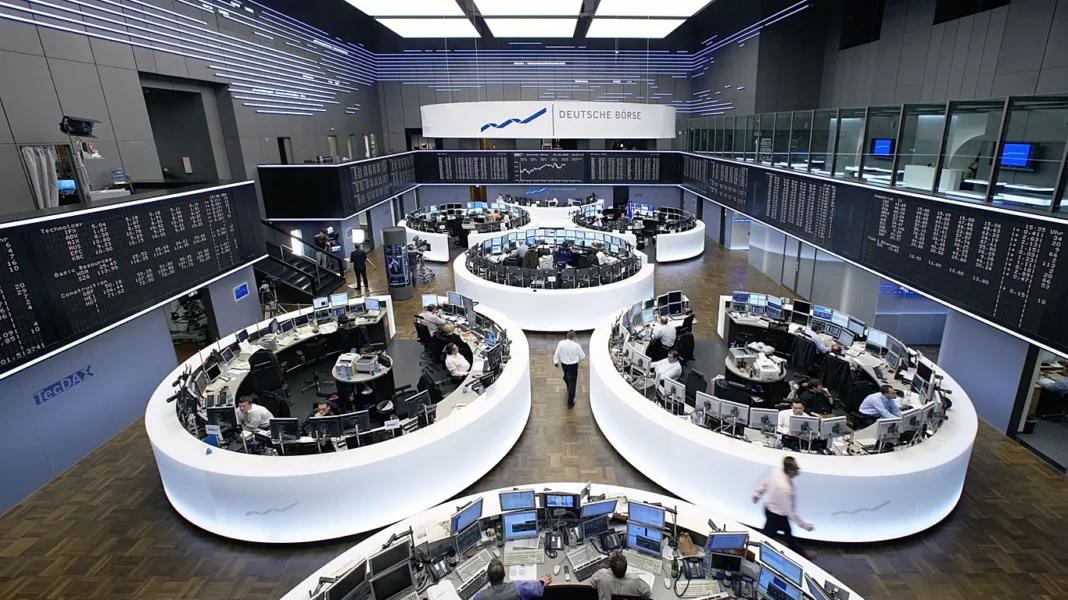The European Commission has opened an investigation into possible collusion between Deutsche Börse and Nasdaq, suspecting the two major stock exchange groups may have coordinated their activities in the derivatives market in breach of EU competition law.
The inquiry, announced on Thursday, focuses on whether the companies aligned their conduct in the listing, trading and clearing of derivative financial products, a move that could undermine fair competition across the EU market.
“Deutsche Börse and Nasdaq entities may have entered into agreements or concerted practices not to compete,” the Commission said, adding that the firms may also have coordinated prices, divided market demand and exchanged sensitive commercial information.
The probe follows surprise inspections at both companies’ offices in September 2024, authorised under EU rules. Regulators are examining practices that could have created barriers within the European Capital Markets Union, a project aimed at unifying Europe’s financial markets and improving access to investment.
Competition Commissioner Teresa Ribera warned that such coordination could distort the proper functioning of the Capital Markets Union, which she described as “a cornerstone for innovation, financial stability and growth.”
Deutsche Börse said in a statement that it is cooperating with the investigation and maintained that the agreement in question, first signed in 1999, was “pro-competitive.” The group said the deal, made between its derivatives arm Eurex and the Helsinki Stock Exchange — later acquired by Nasdaq in 2008, aimed to deepen liquidity in the Nordic derivatives markets and create operational efficiencies.
“It provided clear benefits for market participants and was public,” Deutsche Börse said.
If the European Commission confirms that collusion took place, the exchanges could face heavy fines and further regulatory scrutiny under EU antitrust law.



















